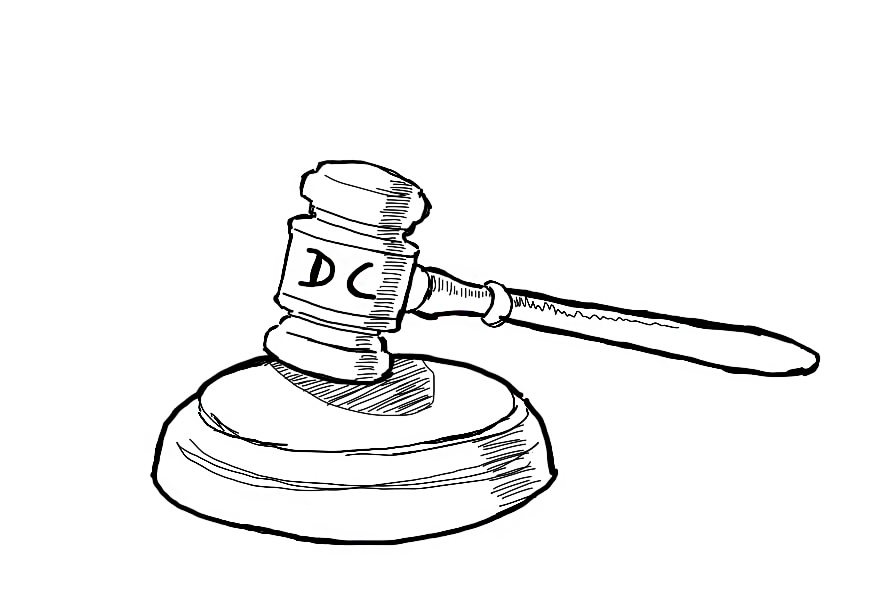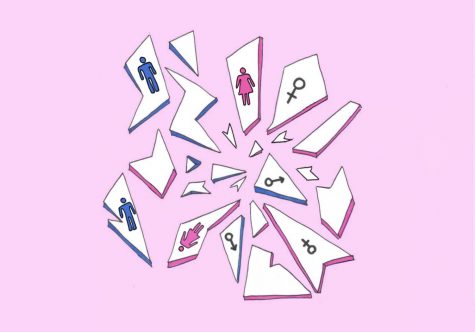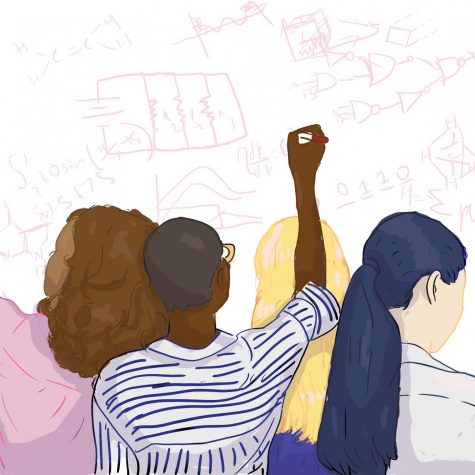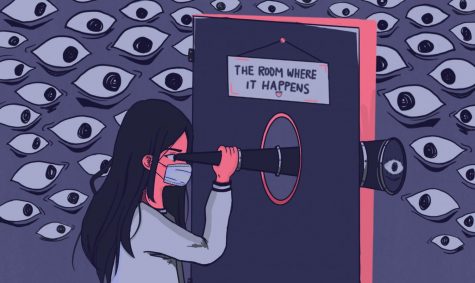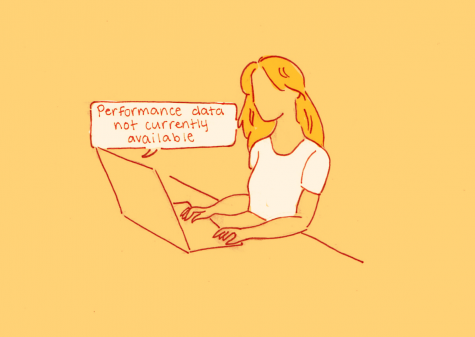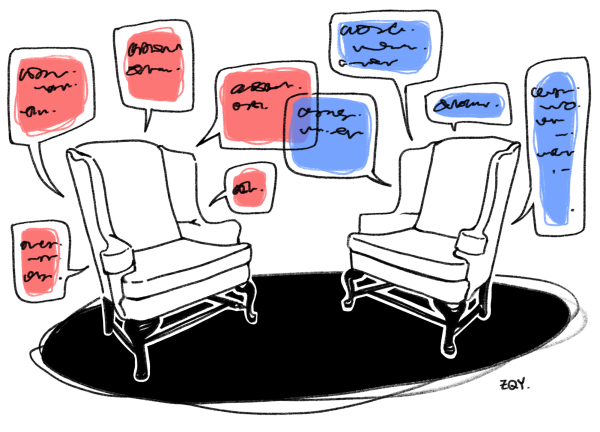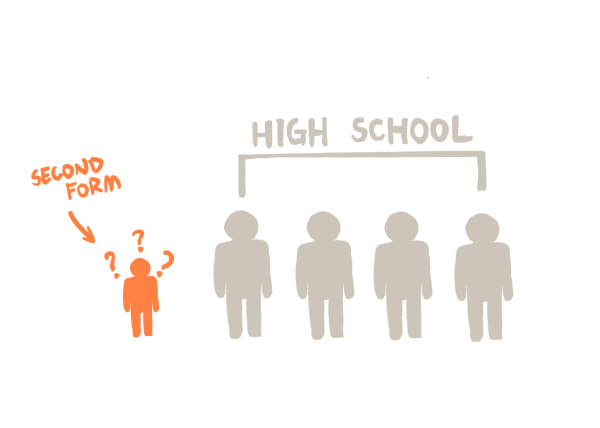Two Views: Should the Headmaster Be Able to Overrule the D.C.?
Yes.
by Tyler Weisberg ’22
The current Disciplinary Committee (DC) process is Groton’s best attempt at incorporating the following concepts: due process, democratic and diverse decision-making, and just punishment.
Sometimes there are situations involving a subjective judgement call that only the headmaster can make, based on his broad knowledge of the student body, the potential long-term impact of the incident, the appropriate punishment, and how any precedent set will affect future DCs.
Allowing the headmaster veto power minimizes concerns about conflicts of interest for the student members of the DC, who have to judge peers with whom they have personal relationships. In this case, the headmaster can overcome biased results by exercising independent judgement.
While this system is not perfectly majoritarian, the headmaster usually defers to the consensus view of students and faculty, and he will only go against that consensus if he has special reasons based on his own unique perspective. It is uncommon for him to do so.
The mix of faculty and students allows consequences for alleged perpetrators to be determined from multiple perspectives. The entire system’s efficiency makes the committee unbiased and fair.
No.
by Jack Wilmerding ’19
If the entire decision process in this so-called fair hearing by the Disciplinary Committee amounts to the decision of one man, Mr. Maqubela, then the entire hearing might as well have not happened. The DC should decide the outcome of offences that it hears.
What my counterpart’s article has decried as students being biased vis-a-vis their peers is in fact not a common occurrence, at least not common enough to warrant the undermining of the committee.
Due process and the different perspectives on the DC mean nothing if the final decision is made by a person who has no mandate to follow the committee’s decisions. The fact of the matter is that we cannot settle for a system that is more democratic than only a system in which one man is judge, jury, and executioner.
The Disciplinary Committee is not perfect, but final decisions on punishments should be made by the committee, rather than by someone who did not even witness the hearing.


